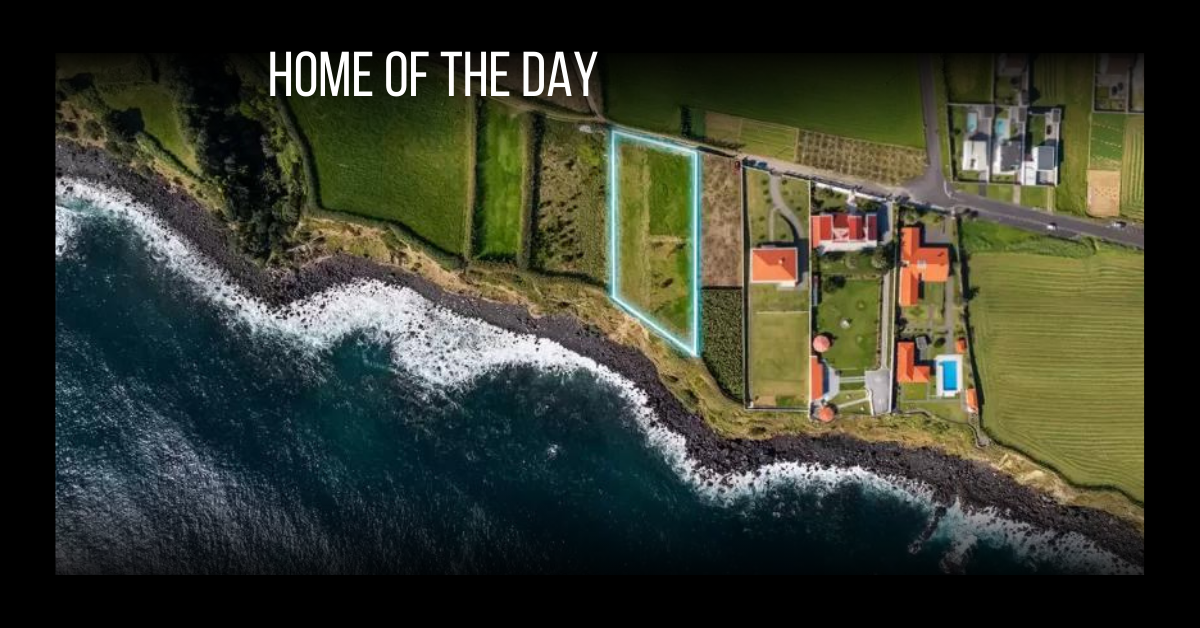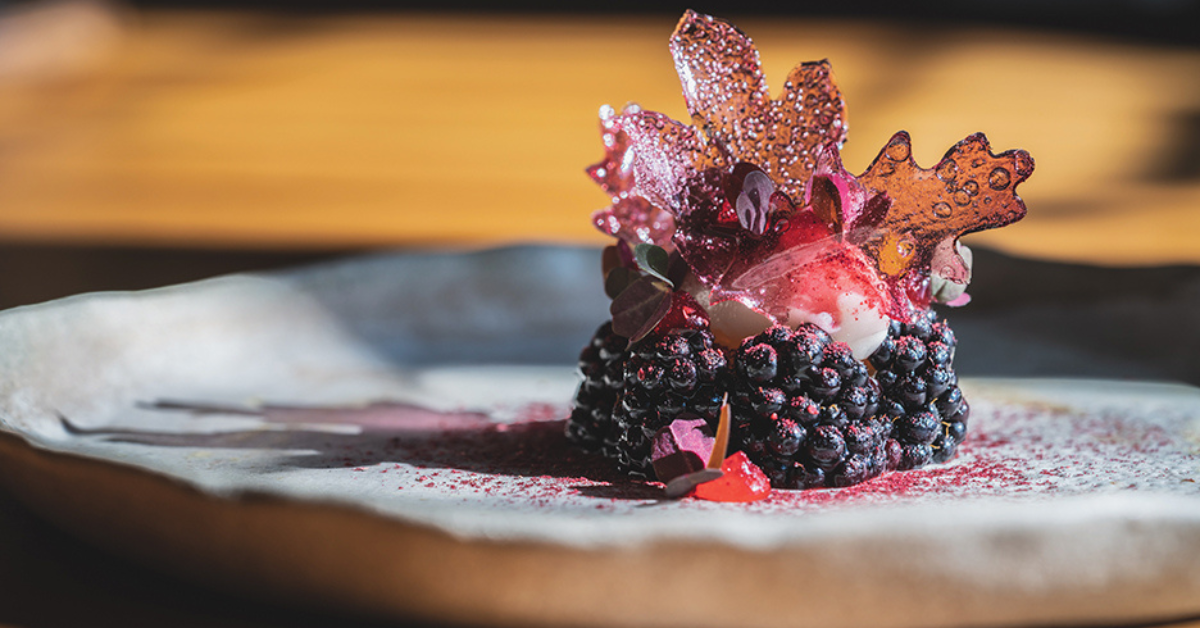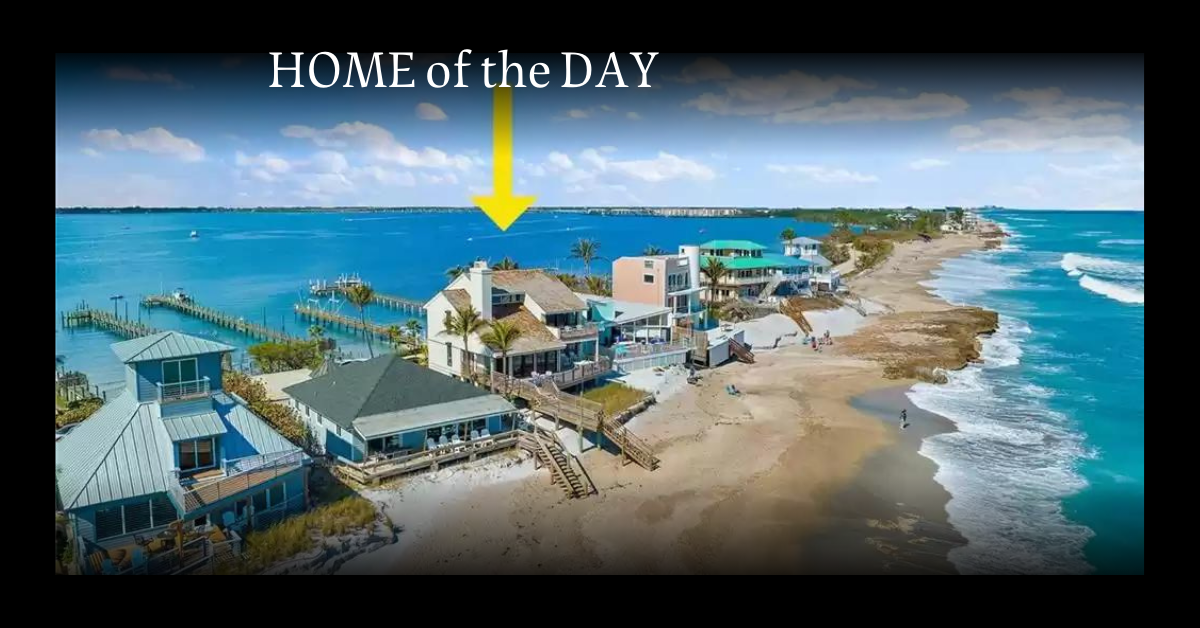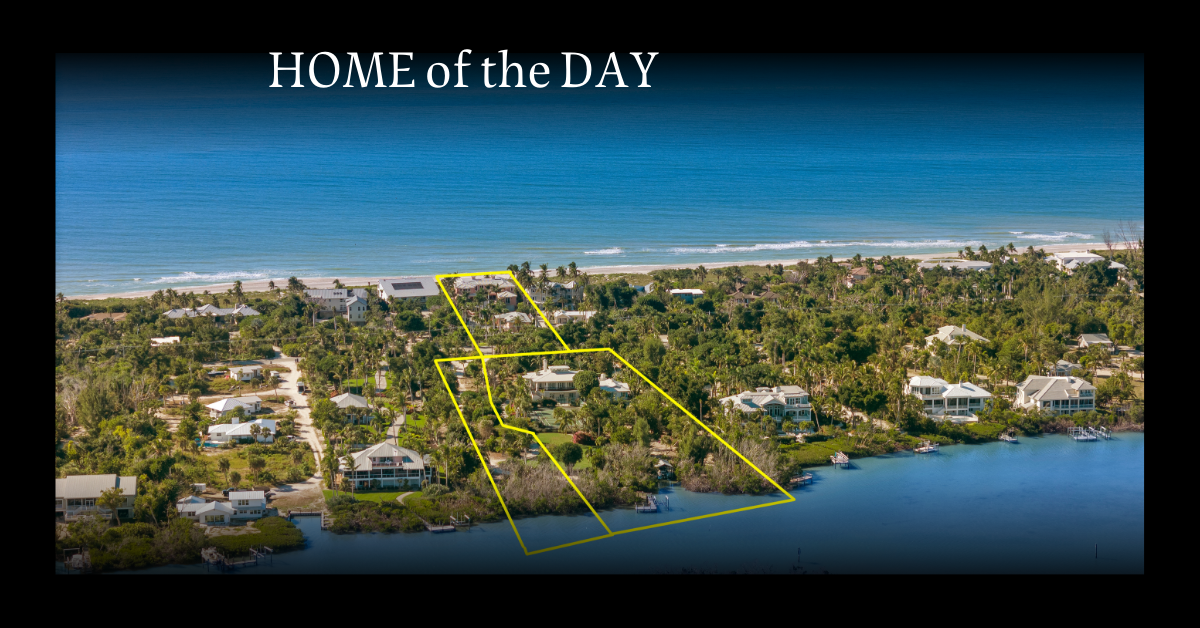Fashion brands held to the highest style standards are now being called on to create unforgettable designs, responsibly.
The footwear industry poses a few hard-to-answer questions when it comes to sustainability. The amount of waste generated in the production phase is staggering and the options for recycling post-consumption are challenging due to the wide variety of materials used.
For example, rubber and leather are difficult to recycle and the chemicals used, such as glues and dyes, can be detrimental to the environment. Despite the many obstacles, there are companies that are more than up to the challenge.
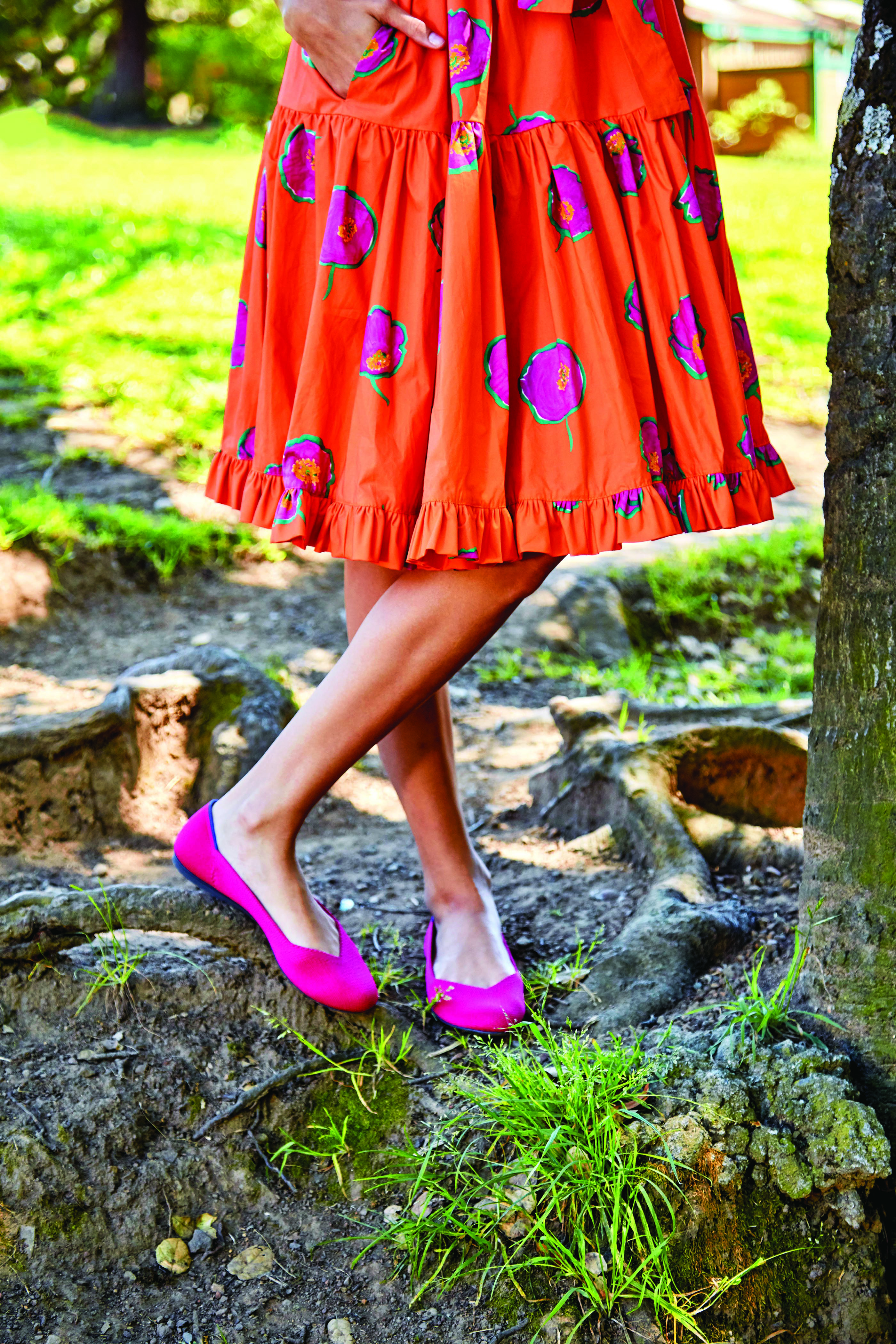
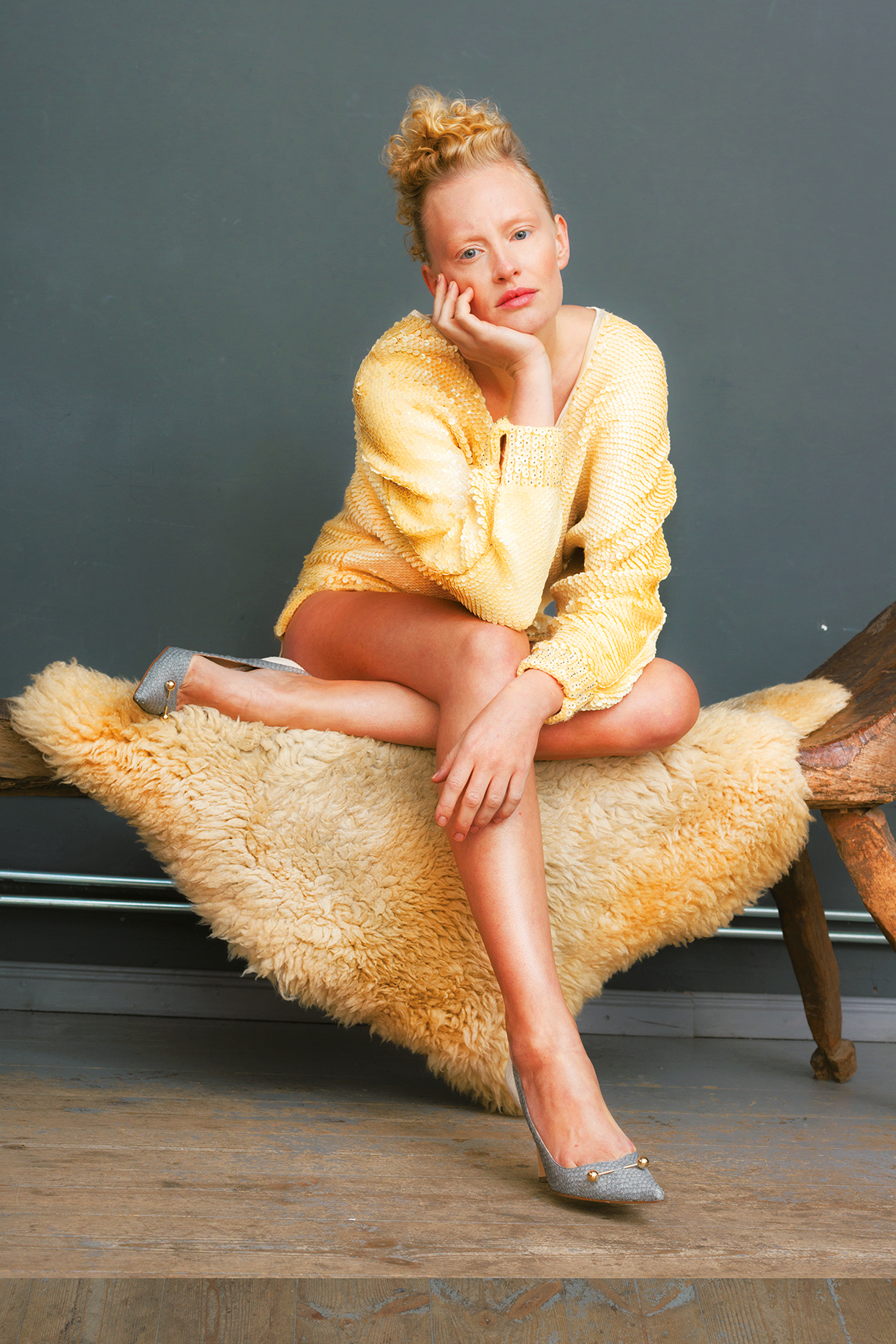
Photo courtesy of Rothy’s
Model with shoes photo by kerstin jacobsen
ALINASCHUERFELD, named after its founder, is the perfect example of a fashion-forward company offering high-end products without harming the environment along the way. “We are galvanizing the way to a fair and sustainable fashion industry, built upon the powerful human and planetary principles of respect and responsibility,” says the founder and CEO, Alina Schürfeld. “I am using fashion as a tool to create consciousness; the products tell a story about traditional craftsmanship, quality, and appreciation.”
From the beginning, Schürfeld knew she wanted to create well-crafted, distinctive pieces, and sustainability was always the starting point. “The fashion industry has disastrous, often irreparable socio-cultural and ecological effects,” says Schürfeld. This is why her company utilizes salmon leather and chrome-free tanning, which help to reduce chemicals and limit waste.
Leather tanning is the process that transforms animal hides into a durable and long-lasting material that will not quickly decompose. However, the approach involves harsh chemicals that not only contain dangerous carcinogens but can contribute to harmful runoff. To avoid certain hazardous chemicals, ALINASCHUERFELD uses leather that is tanned with chrome-free, vegetable-, or rhubarb-based substances.
Additionally, the eco-conscious company uses bio-certified salmon leather, which would otherwise be disposed of and wasted. “I was inspired by the idea of adding extra value to a former waste product that was discarded from the processing fish industry,” Schürfeld says. Salmon leather provides the same durability as traditional leather and offers a unique texture that contributes to the style of the shoe.
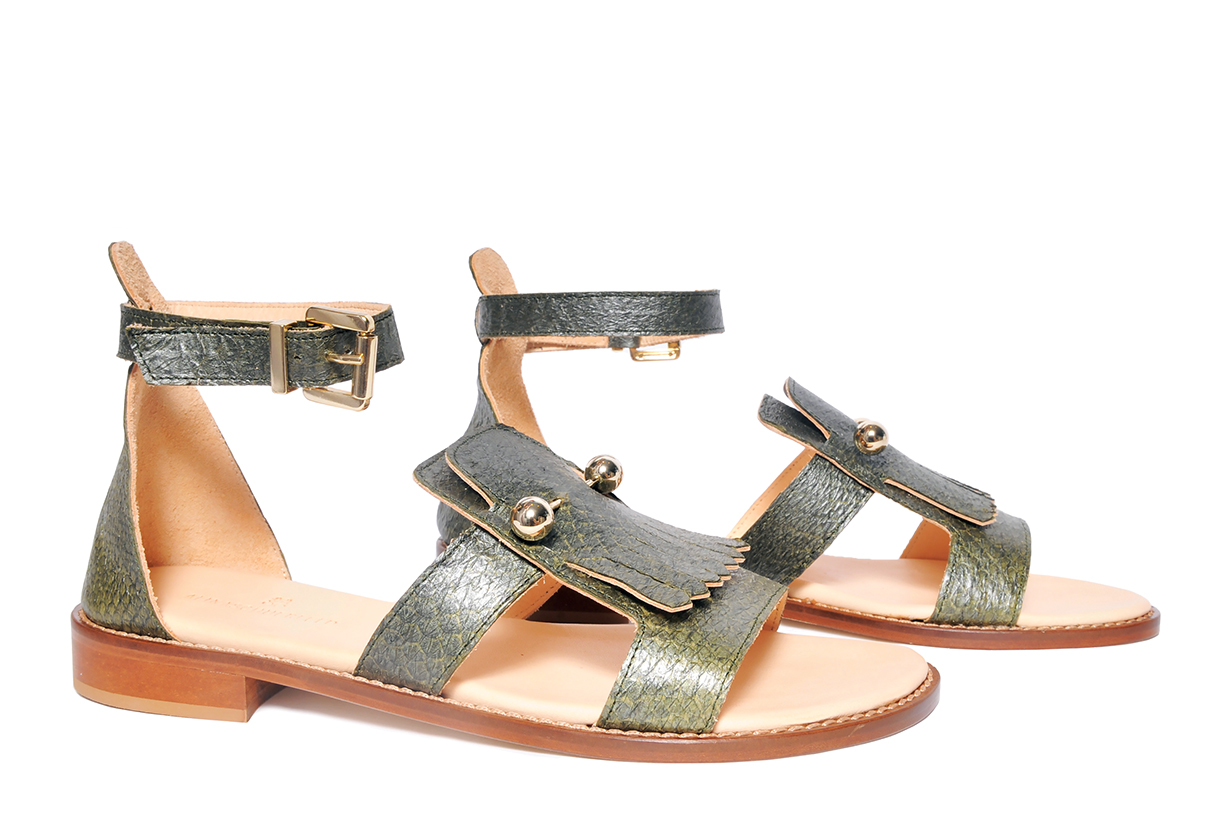
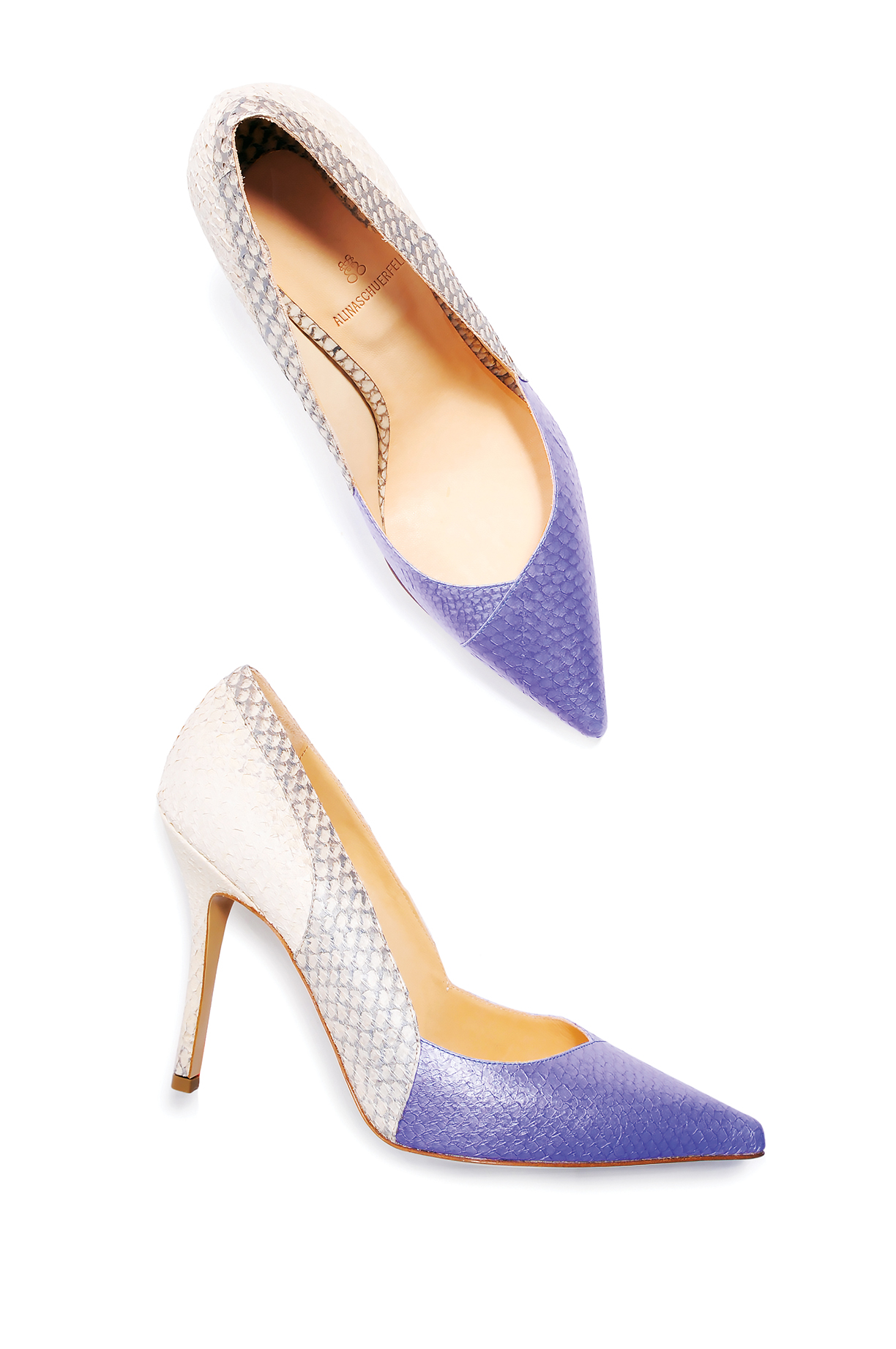
The texture of the salmon leather is clearly preserved and adds to the individual design.
Photos courtesy of Alinaschuerfeld
Rothy’s, another unforgettable brand, proposes fashion crafted mainly from the dreaded, post-consumer plastic water bottle.
This sustainable footwear company is growing in popularity, not only because of the big names that are sporting its shoes, like Kristen Bell, Amy Adams and Meghan Markle, but due to the company’s admirable goal to create shoes without leaving behind waste. The Flat, the Point, the Loafer, and the Sneaker are made from recycled PET plastic — a widely-used packaging material — that is transformed into yarn and then 3D knitted, according to Rothy’s. Even the foam and the rubber used for the soles of the shoes are made from recycled materials and designed to reduce waste.
The company emerged in 2015 when co-founders Stephen Hawthornthwaite and Roth Martin realized comfortable and fashionable flats were hard to come by. Once understanding the amount of waste that’s created in the footwear industry, they decided on a sustainable process. Rothy’s 3D knitting process reduces waste significantly compared to other companies. The entire procedure from the plastic bottles to the minimalist shoe box has been streamlined in terms of sustainability.
Already, 25 million water bottles have been saved from a lifetime at the bottom of the ocean and transformed, according to Rothy’s. The sophisticated designs and brilliant colors are professional enough for the office, stylish enough for a night out, and comfortable enough for a day of adventure. Rothy’s also offers a collection of kids shoes that are lasting and easy to care for in a variety of prints such as flames, rainbows, and more.
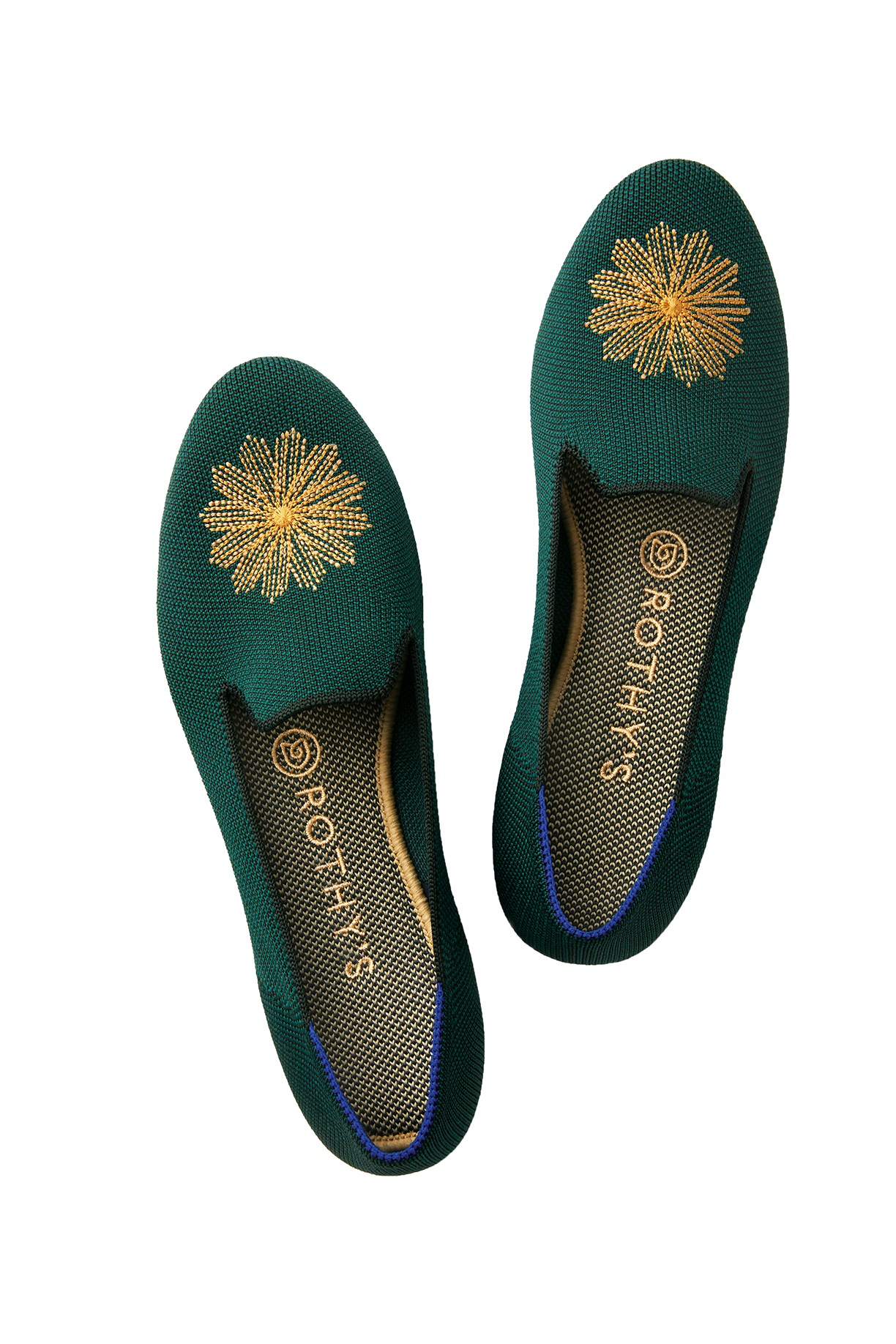
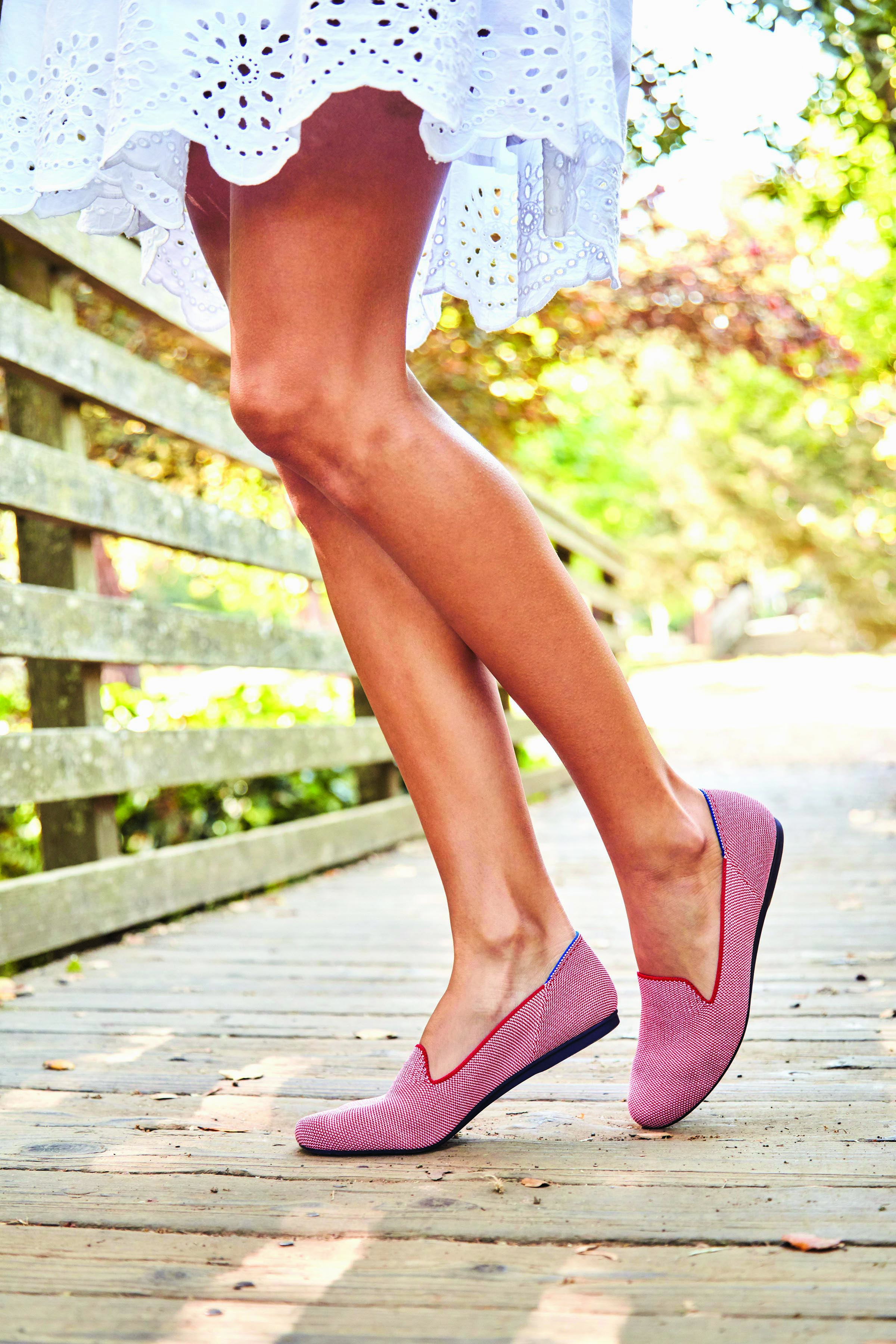
Photos courtesy of Rothy’s
Responsible footwear continues to be a new kind of luxury that facilitates fast-paced and fashion-forward customers. “VEERAH is inspired by women, made for warriors,” says Stacey Chang, founder of VEERAH. “We are a mission-driven luxury shoe company founded for women to conquer the world in style and make a positive impact.”
The company works with a variety of groundbreaking materials that are cruelty-free and non-harmful for the environment, making the brand stand out among others. With sustainability in mind, VEERAH uses cork, which is durable, soft, and water-resistant, as well as post-consumer PET plastic bottle fabric, vegan calfskin, and even apple peel skin. This revolutionary bio-based vegan leather comes from actual apples harvested in the Italian Alps. The peels are dried, ground into a fine powder, and transformed into a breathable and sturdy material that is perfect for crafting footwear.
“As a socially and environmentally conscious woman, it was essential for me to create a versatile collection that aligned with my own personal values. I knew that sustainability and luxury could harmoniously coexist when you combine smart sourcing and thoughtful design,” according to Chang. Chang decided to start VEERAH when she couldn’t find a shoe that was sustainable and vegan. Every aspect of VEERAH shoes, from the fabric and the soles to the ink used for the packaging, are designed to effectively reduce landfill waste and limit toxic chemicals.
VEERAH’s apple peel skin is a sustainable, vegan alternative to traditional leather.
Photos courtesy of VEERAH
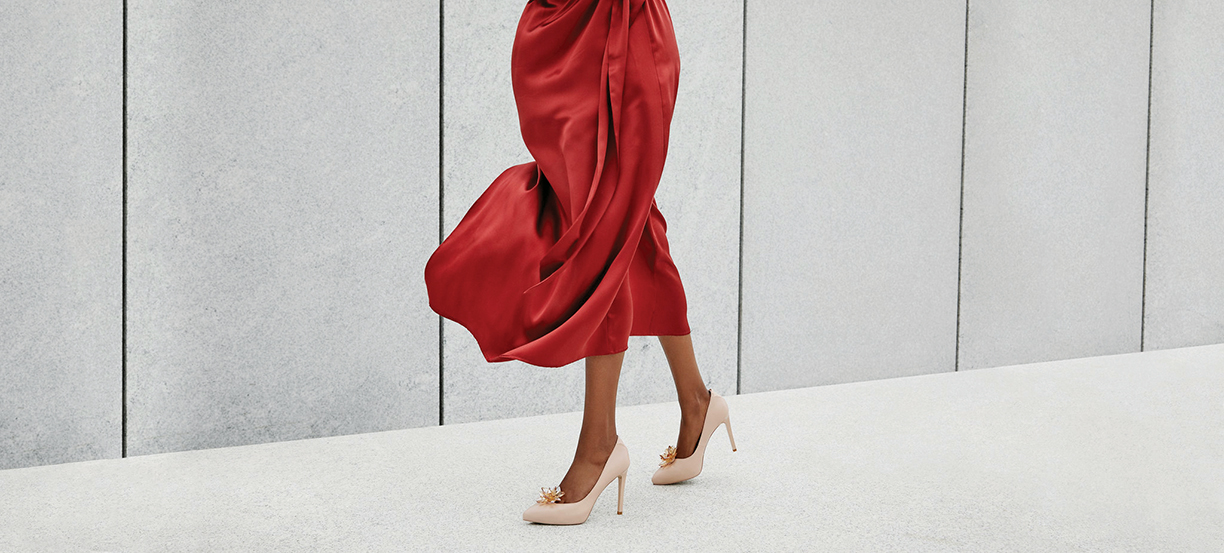
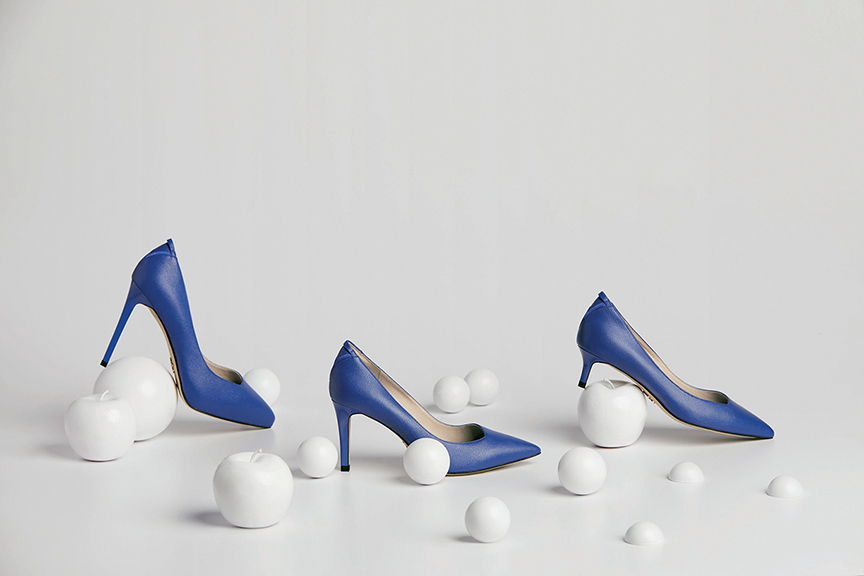
For similar content, try; Sustainable Shoes and More by Nisolo, Comfort and Style, Sustainable Design Highlights.
Golf has always been considered an elitist sport, but when precious metals and exotic leathers are introduced, it’s a whole new game.
With its expensive equipment and country club heritage, golf has always been considered a luxury pursuit, even though aggressive youth programs and some hip touring professionals have begun eroding the sport’s buttoned-down image. Nonetheless, players with unlimited resources or a penchant for fantasy are fueling demand for some over-the-top golf equipment and accessories.
The venerable luxury brand of Tiffany & Co. creates some of golf’s most coveted trophies, including those of the PGA Championship and Arnold Palmer Invitational. It also produces an elegant sterling silver putter ($2,500), which is an ideal gift for any golfing enthusiast who likes to flash some bling on the greens. A more discreet way to glamorously accessorize one’s game is with the company’s sterling silver tee, which at $175 is a relatively inexpensive way to give a loved one a little blue box from Tiffany. Hopefully, it will not be lost on the course!
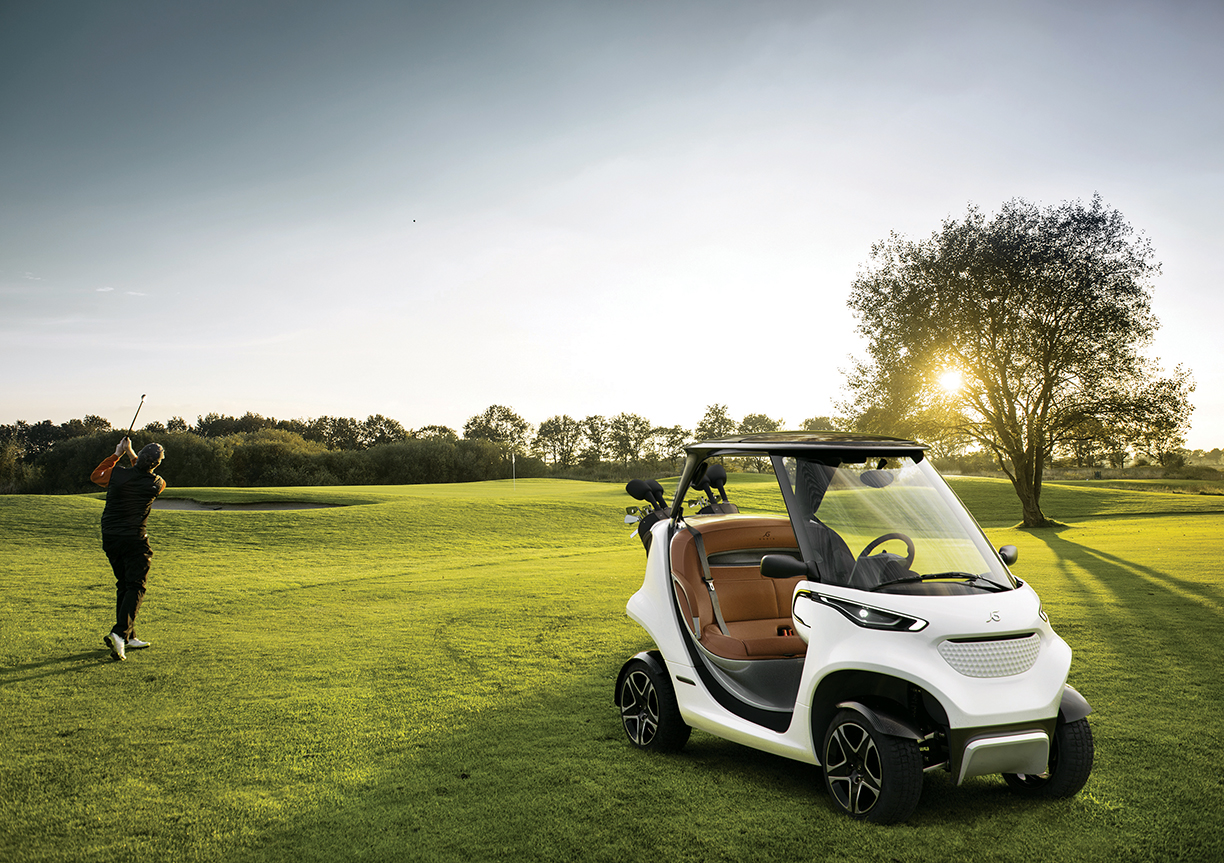
The Garia “Golf Car”
Photo courtesy The Watch Judge

The most expensive regular-production golf clubs are the platinum-and-24-karat gold-accented Beres 5-Star series from Japanese manufacturer Honma. Veteran golf retailer Bill Stauff er of Las Vegas Golf & Tennis Superstore reports that a 14-club set with bag sells for about $65,000 and is popular with status-conscious Asian tourists who would pay more for these products back home. “There’s no question the quality is there,” states Stauffer, who insists Honma products are not simply for bragging rights. He explains the clubs are all made-to-order by seasoned craftsmen, which results in an eight-week wait for delivery. While the brand has traditionally been more popular with billionaire duff ers than PGA pros, superstar Justin Rose just inked a 10-year endorsement deal with Honma.
Transforming the clunky electric golf cart into a sophisticated driving machine is Garia, a Danish manufacturer whose top-of-the-line vehicle begins at $73,000. The Garia “Golf Car,” inspired by Mercedes-Benz, combines luxury, state-of-the-art technology and the true spirit of the game. For functionality, it features a scoreboard displayed on a touchscreen and handy tray for balls and tees, while comfort is ensured by the inclusion of that essential amenity on the golf course — a built-in refrigerator. And with an attainable speed of 43 miles per hour, albeit not recommended at stuffier country clubs, Garia has not overlooked performance. This aerodynamic Mercedes Benz-styled ride puts an end to the plastic buggy age and allows luxury golf enthusiasts to express themselves on the links.
Anders Lynge, designer and co-founder of Garia, explains the inspiration for the product was to take Mercedes-Benz design values onto the golf course, noting the iconic automotive brand has previously applied its sense of style to yachts and helicopters. All Garia golf cars are more than just your average golf cart,” insists Lynge, citing features like sports car-inspired double-wishbone suspension with disc brakes and an integrated instrument cluster. While it offers the functionality and simplicity of a golf cart, the designer maintains it drives more like an automobile.
“Buyers are wealthy individuals who need the car for golf and street usage inside their communities or on their properties,” says Lynge, who reports the car is street legal in both the EU and U.S. “Some are Mercedes collectors, some avid golfers who want the very best, others are athletes or entrepreneurs who have made it and now live in a golf community and want the best possible vehicle for driving and golfing,” says Lynge of his globally diverse clientele.
Par West Custom Golf Shoes is another brand that has gained traction among discriminating golfers. Paul Raddatz founded the business after making his first pair of shoes for PGA pro Payne Stewart — the game’s most flamboyant dresser in the ’80s and ’90s — from NFL football leather.
Currently, three of the top 10 ranked players on the Tour are wearing Par West shoes. The Wisconsin-based company custom-makes all shoes from a foot mold kit, taking into consideration clients’ sock preferences and habits on the course.
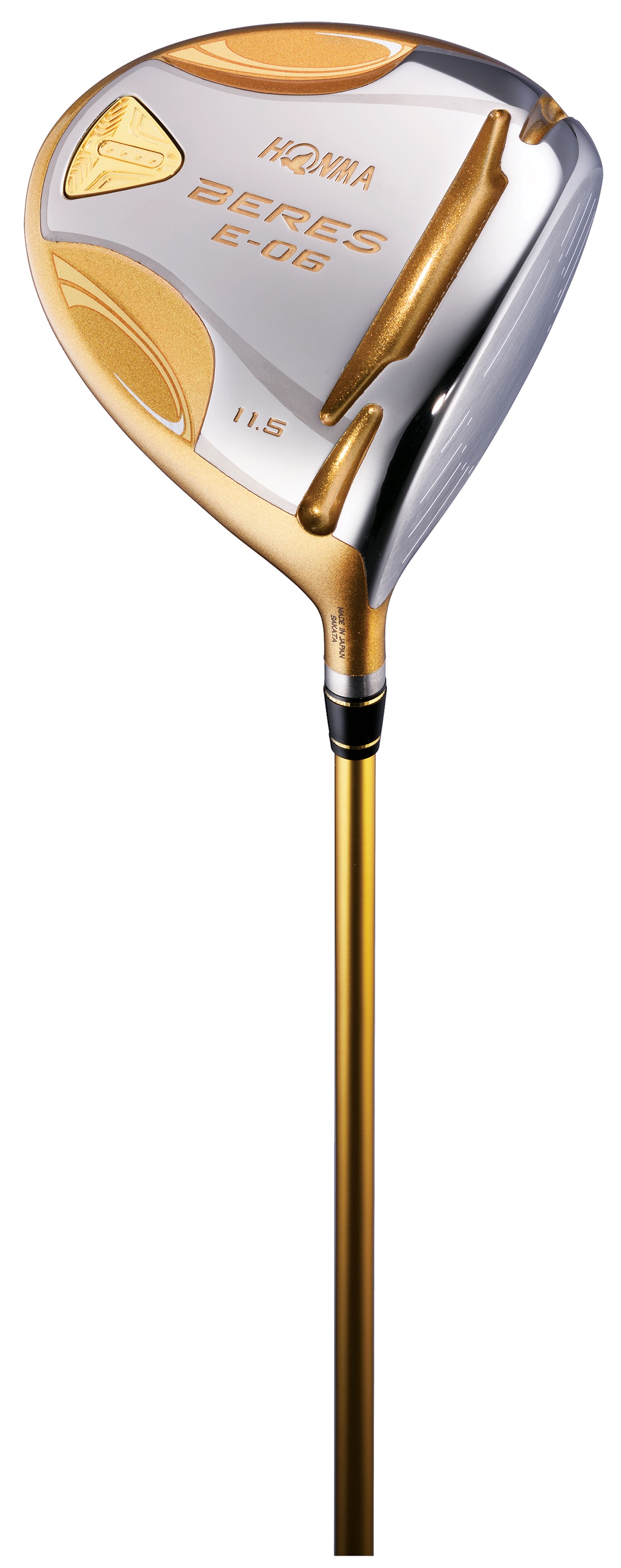
Honma Beres S-06 Driver
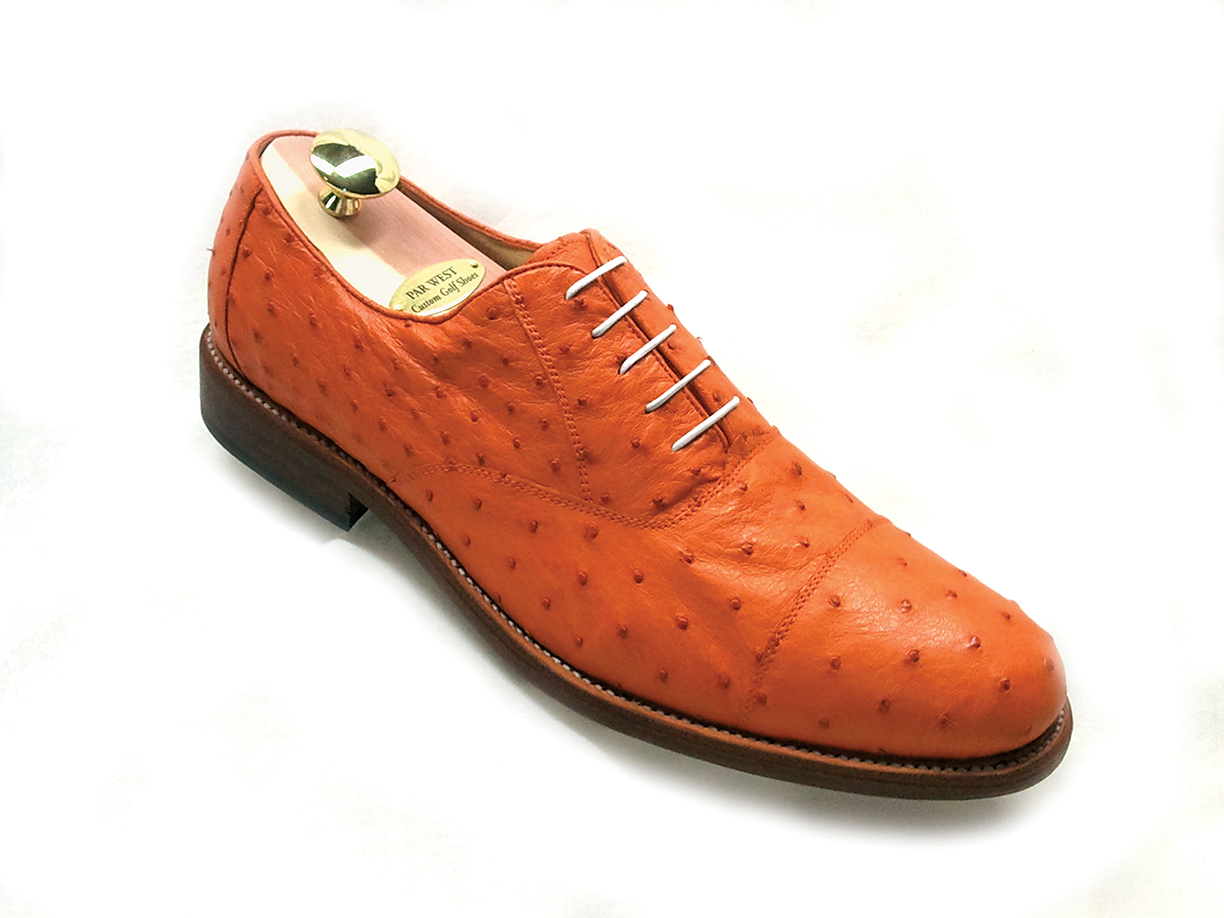
Sterling in Tangerine Ostrich
Reporting he has sold shoes with more than 5,000 distinct color and style combinations, Raddatz says many of his customers are simply unable to find shoes that fit in any pro shop. “Others are people who really want to look their best and care about quality,” he explains. Traditional styles are offered for conservative dressers, but for those more daring in their golf fashion, perhaps influenced by the PGA’s Rickie Fowler, Par West has plenty of eye-popping options to choose from.
Raddatz, a leather industry veteran, utilizes sharkskin, ostrich, American bison, crocodile, African elephant, and stingray for golf shoes, among other exotic leathers. He reports bold color choices like fuchsia, canary yellow or tangerine are surprisingly popular, and a pair of royal purple American alligator shoes is priced at $5,200. An avid golfer himself, Raddatz states, “I don’t care how much you spend on clubs or lessons. Stability on the ground is the basis for a good swing.” A large part of Par West’s business is corporate gifts, ideal for the Fortune 500 executive who fancies himself as the best dressed golfer at his club.
Some fashionable duffers may opt for a vintage Louis Vuitton golf bag, but among the most expensive currently available are ostrich, crocodile or carbon fiber bags from Barchi, handcrafted by Italian artisans. Customers should be prepared to spend more than $40,000 for these luxury bags, available in vibrant colors and accented with palladium hardware.
Considerably more modest but with plenty of cachet is Louis Vuitton’s golf kit clad in the design house’s signature Monogram canvas. The $850 item, which can be clipped to one’s golf bag or Garia cart, neatly holds three balls and four tees. Players with fancy accessories should probably consider membership at a country club that is equally selective, and the most expensive in America is Liberty National Golf Club in New Jersey, where the initiation fee is reportedly $500,000.
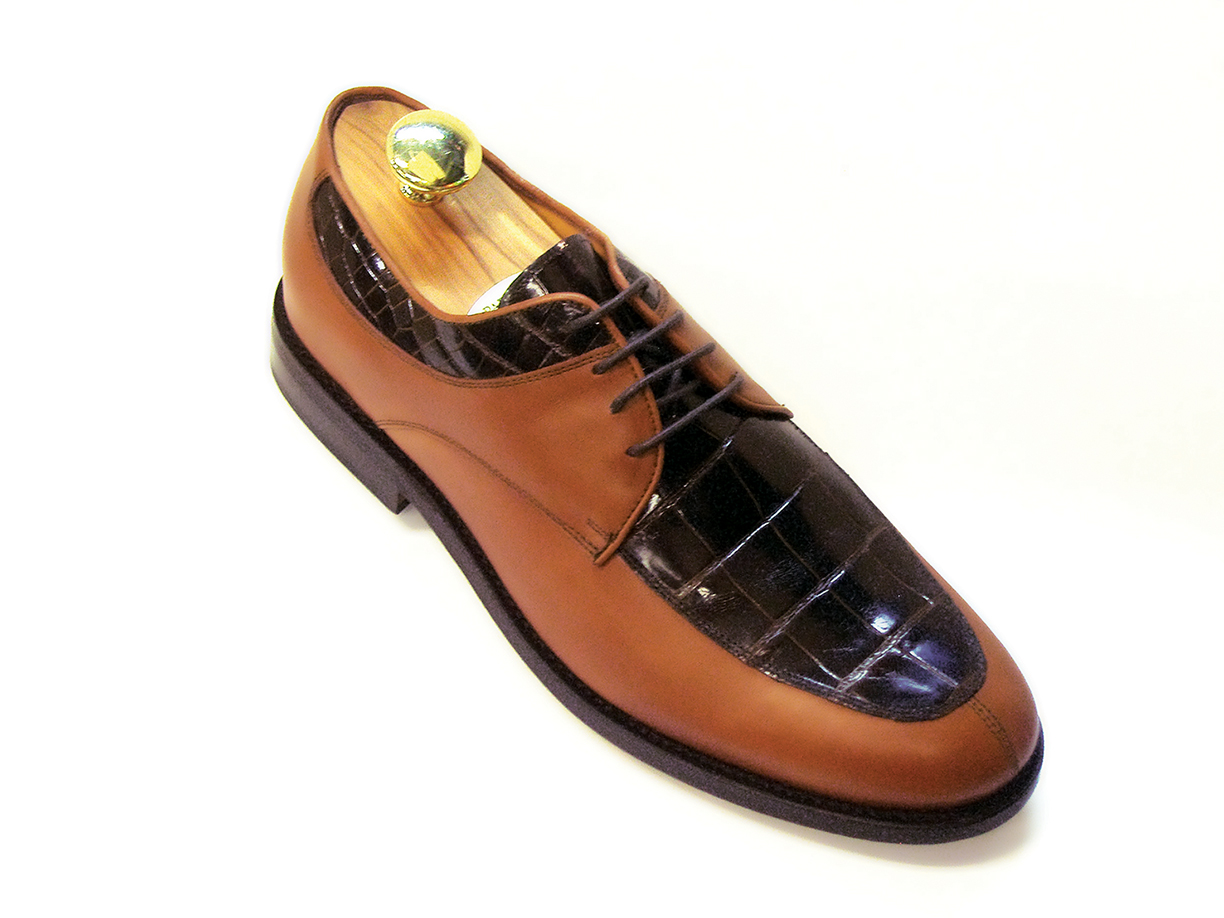
Riviera in Cognac Calf & Chocolate American Alligator
Nisolo, a sustainable fashion brand, shares its impact report online and offers everything from jewelry and accessories, to heels, boots, bags and more.
This company focuses on more than low prices. The handcrafted process involves intentional designs, an ethical work environment, and comfortable fashion that can be worn every day.
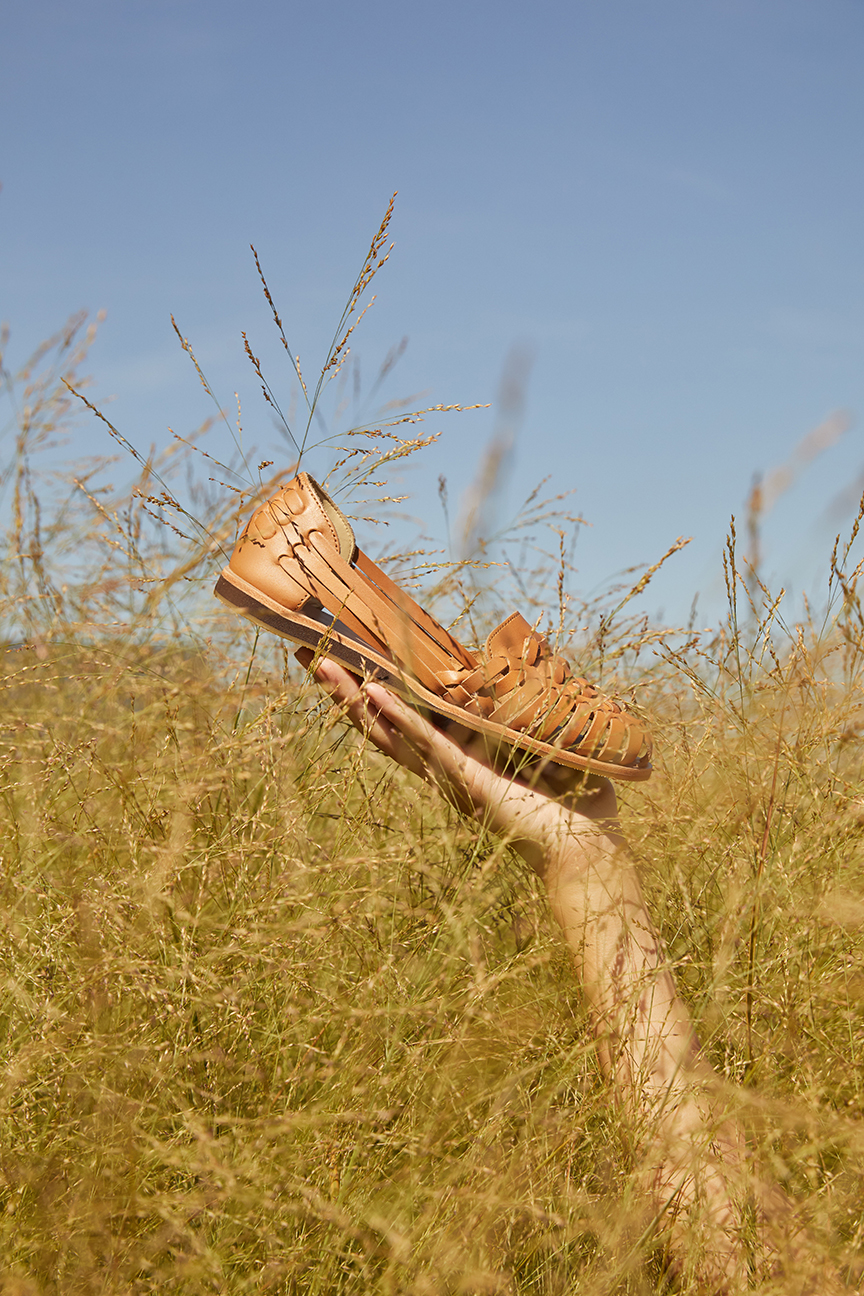
We sat down with Devon Murrie, brand partnerships manager at Nisolo, to learn more about this industry.
What is the inspiration behind your company?
Nisolo has the vision to push the fashion industry in a more sustainable direction — where success is based on more than just offering the cheapest price — a direction that not only values exceptional design but the producer and the planet just as much as the end consumer.
.
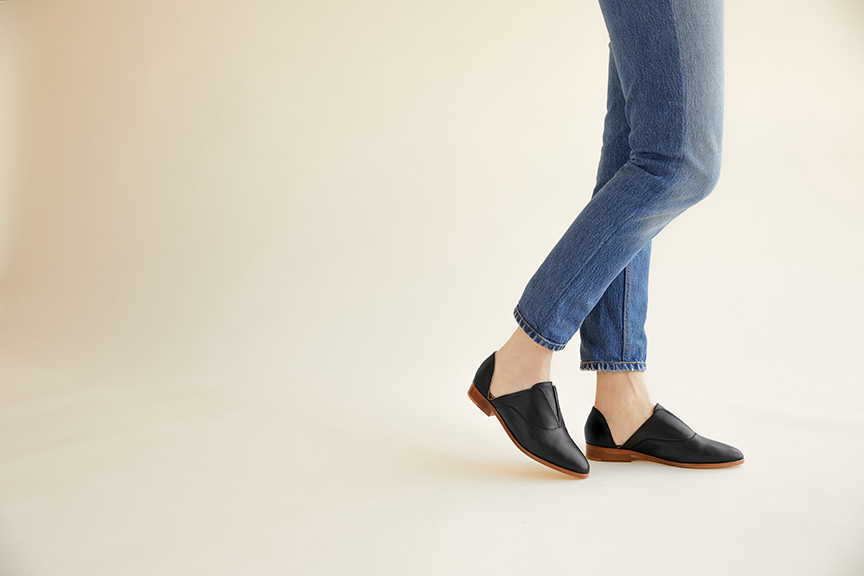
What are some of the biggest challenges when creating sustainable shoes?
One of the biggest challenges of sustainable production is gaining complete visibility into every level of a supply chain. We took a much deeper look into our supply chain in 2018 after learning from Patagonia about their material traceability practices. We still do not have 100% visibility into every level of our supply chain (we regularly visit all of our factories and tanneries, but no farms to date), however, after speaking with representatives of our tanneries in León, Mexico, we know that a lot of our leather comes from farms in the USA and northern Mexico, and is a byproduct of the meat industry. Diving into this further is a priority of ours for 2019.
What does sustainable mean to you?
We at Nisolo feel a responsibility to the ethical treatment of our producers. We work to ensure living wages, safe and healthy working conditions, and additional benefits such as healthcare, time off, and bonuses for our producers. We also feel a responsibility to understand our supply chain and mitigate our environmental impact. All leather used in our supply chain is a byproduct of the meat industry, and we’re utilizing the more eco-friendly vegetable tanning method across many products.
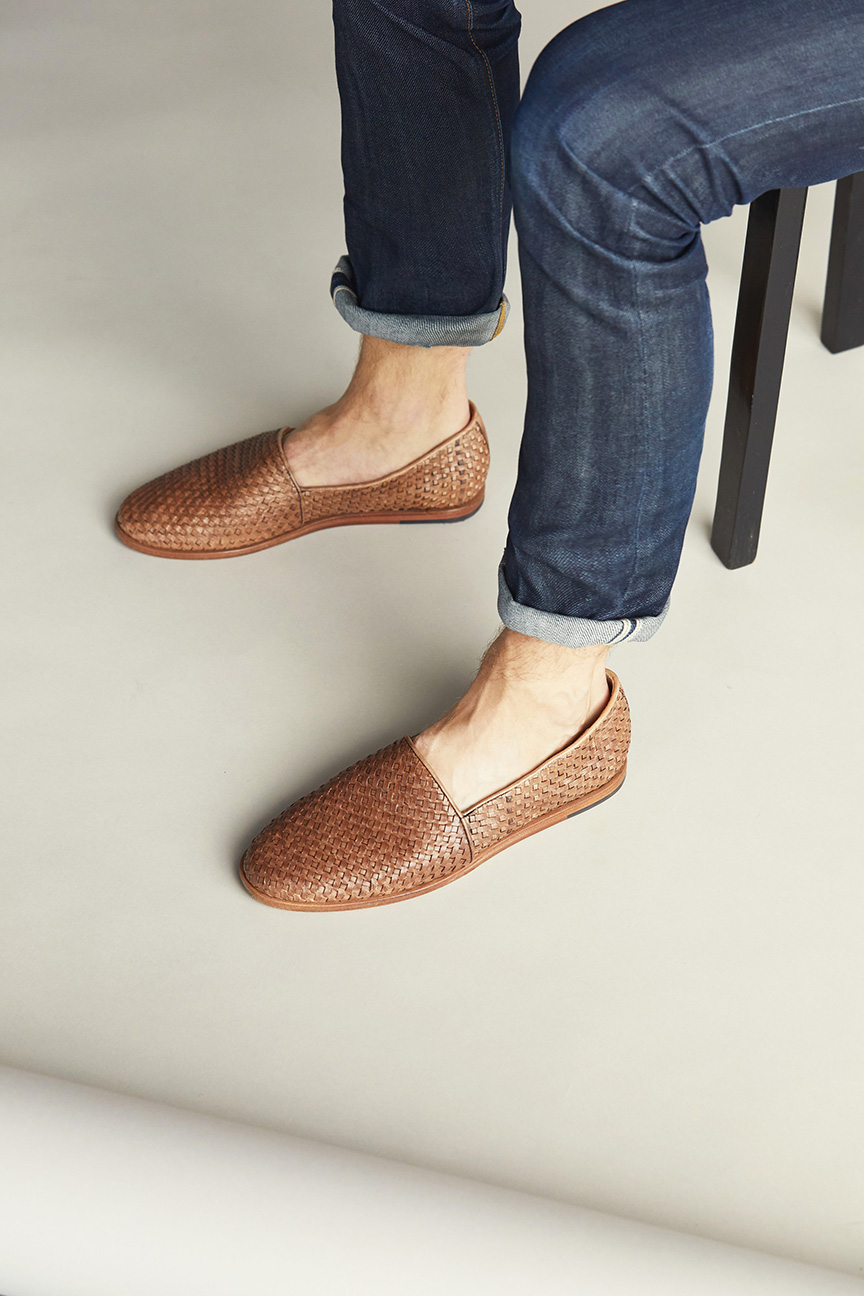
Please explain why your company stands out among others?
Two things really set Nisolo apart: our attention to good, functional design and our vertical integration. We actually own and operate our factory in Peru, which allows us both visibility and flexibility into our design and impact practices.
Despite our confidence in those areas, we know greenwashing has reached new heights in our industry and we felt it essential to obtain third-party certification from a highly respected organization. So in 2017 Nisolo also received B Corporation certification — recognizing us as a company that uses the power of business to help solve the social and environmental challenges our world faces today.
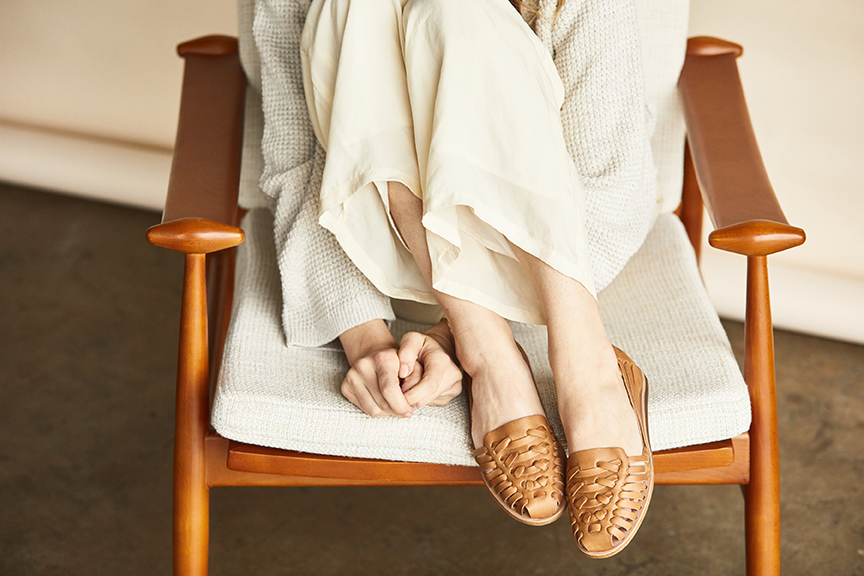
Photos courtesy of Nisolo
Secondhand has gone upscale.
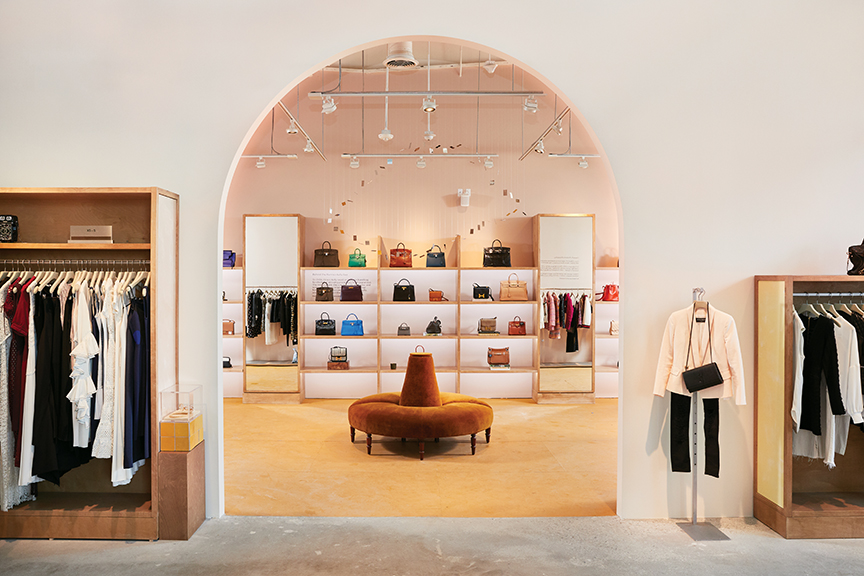
The names tell the story. The Vault Luxury Resale. The RealReal. Poshmark. Once the domain of nonprofits and local mom-and-pop stores, consignment and resale has become a big business, with new ventures adding a high-end twist to a timeworn model.
Resale, in which retailers purchase items directly from consumers and sell them outright, frequently replaces the traditional consignment model. No matter the method — consignment or resale — items are often not new. Still almost everyone in the business would be hard pressed even to utter the word “used,” instead opting for pre-owned, pre-loved, gently worn and secondhand.
“The attitude about resale has changed significantly over the last five years. The new consumer mindset sees the value in purchasing high-quality, well-made items that can last a lifetime, and our model creates access to these items,” says Rati Levesque, chief merchant for The RealReal, which sells luxury goods online (and in two recently opened brick and mortar stores) on consignment. ThredUp, one of the first online companies to focus on second-hand apparel for women and children, estimates 70 percent of their shoppers, which they often call “thrifters,” have never purchased secondhand before.
Used items from premium labels such as Gucci, Hermes, Louis Vuitton and Chanel have always been in demand, often only obtained through a very small group of discrete local shops. In 1991, Sue McCarthy opened a consignment shop in St. Louis, eventually realizing that purchasing items outright was better suited to her upscale clientele. Today, she heads a multimillion-dollar enterprise, trading the original 400-square-foot storefront for a 7,000-square-foot boutique. Her roster of clients extends worldwide with approximately 15,000 individuals who send items to her. Additionally, along with her daughter who is the company curator and verifies authenticity, she frequently travels to view and purchase items from some of the largest closets in New York, Paris, London and other cities, something she calls “shopping the closet.” Clients include some of the world’s wealthiest women and celebrities, and more than a few stylists have her on speed dial. Also, customers travel to St. Louis to shop in her store. For some, like one group of female lawyers, it’s become an annual event.
The RealReal began at Julie Wainwright’s kitchen table and is now a major player in online luxury consignment. Following other online merchants, they recently opened stores in Los Angeles and New York and plan to add more brick and mortar locations in 2019.

Julie Wainwright

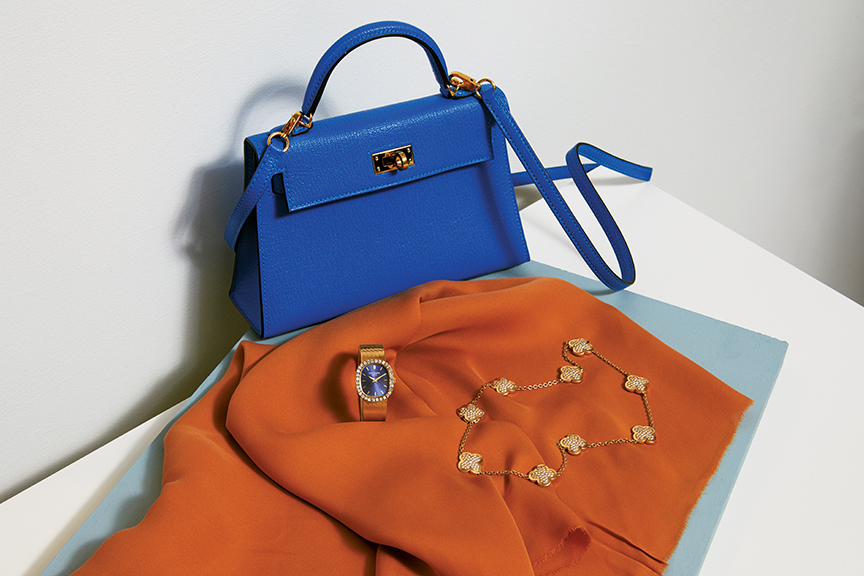

Photos courtesy of The RealReal.
When it comes to selling secondhand items online, eBay was a game changer and 1st Dibbs broke new ground for luxury sales online. In the industry, ThredUp, which started with a pilot for peer-to-peer online sharing of men’s shirts, established the resale niche online. Now the company claims to be the world’s largest online marketplace to buy and sell women’s and kids’ secondhand clothes.
James Reinhart, co-founder and CEO of ThredUp says, “There is a powerful transformation of the modern closet happening and I’m proud that resale is a key driver of this transformation.” ThredUp estimates current resale market for apparel at $20 billion and projects the market to grow to $41 billion by 2022. Investors have taken notice. ThredUp, The RealReal, Poshmark and others have captured venture capital. Waiting in the wings as further resale disruptors, according to ThredUp, are depop, Rebagg, Tradesy and Grailed. Additionally, startups such as The Luxury Closet are tapping into a nascent resale market in Dubai.
ThredUp estimates approximately 13 percent of their most active thrifters are millionaires. Several years ago, McCarthy tried an online store but decided a focus on social media would make the best use of their online staff. They have a massive following on Instagram and Facebook, running special sales and events weekly. “We cast a wide net over every product,” McCarthy says. “Once we put an item up it sells almost instantly.”
The industry claims resale benefits the environment and most major players support a charity. But McCarthy believes her process allows wealthy clients to amp up their support of nonprofits. “We’re able to monetize it better for charities,” McCarthy says. Instead of receiving a check or cash for their items, many of their wealthy clients opt to donate the money to charity. “If they give the $2,000 purse to charity, the charity is going to sell it for $200. If they give it to us, we’re going to pay them a thousand dollars. We make the check out to their favorite charity,” she explains. But many opt to take the resale funds and use them to purchase the latest and greatest, underscoring the secret to resale. “The lady who wants the latest Chanel or Gucci bag is going to be the same lady that wants the next latest one. And that gives her a good incentive to sell the previous bags,” McCarthy explains.


Sue McCarthy
Sue McCarthy pioneered the luxury resale model with The Vault Luxury. Stylists and fashionistas have her on speed dial. And she is called on to shop the most indulgent closets in New York, London and Paris.

Photos courtesy of The Vault Luxury Resale.
By Brielle Bryan
Moved by the desire to tackle the notion that comfort does not require a sacrifice in style, Jaclyn Jones has produced a selection of shoes that appeal to women of all different foot sizes. Her newest collection is inspired by the sights and smells of flowers, and consists of “summer-friendly, playful, bold colors that are immediately mood-boosting.”
“I imagine our customers having the freedom of versatility while wearing pieces in our collection,” Jones said. “They’re ready for everything from outdoor weddings to happy hour to vacationing in the Hamptons.”
Jones sources the highest quality materials, including a custom 4mm thick foam insole, luxurious lamb lining and signature features.

“Our manufacturing takes place completely in Los Angeles, and we are proud to support U.S. workers and our local economy,” Jones said.
Jones saw the opportunity to create Jaclyn Jones USA, the first luxury women’s footwear brand handcrafted entirely in the U.S., after working in men’s shoes for years. Jones worked for Pinnacle Brand Group, a premium design house that designs, sources, markets and distributes fashion footwear and accessories, before she came to a pivotal revelation.
“After some market research, I found that the industry was vastly dominated by male designers/owners, and it clicked — all of these shoes were so uncomfortable because they were designed by someone who never had to wear them,” Jones said.
Following her realization that women needed someone who understood the perils and anguish of uncomfortable shoes to design their footwear, Jones began crafting her namesake brand in San Diego in October.
After successfully taking her experiences and producing shoes that provide both comfort and style, Jones’ empowering brand for women is now available for purchase on her website in half sizes from 6 to 11.
Posey in White Multi Foral
An excellent choice for workweek styling and your wedding season wardrobe, this pointed-toe shoe will be a real showstopper for any nice occasion. The Posey style features a hand-carved 4-inch solid wood heel and custom 4mm foam insoles, which offer comfort similar to wearing 2-inch heels! This style is crafted with ultra-soft lamb leather lining and white multi floral printed leather, which is exclusive to JJUSA. $1,375.
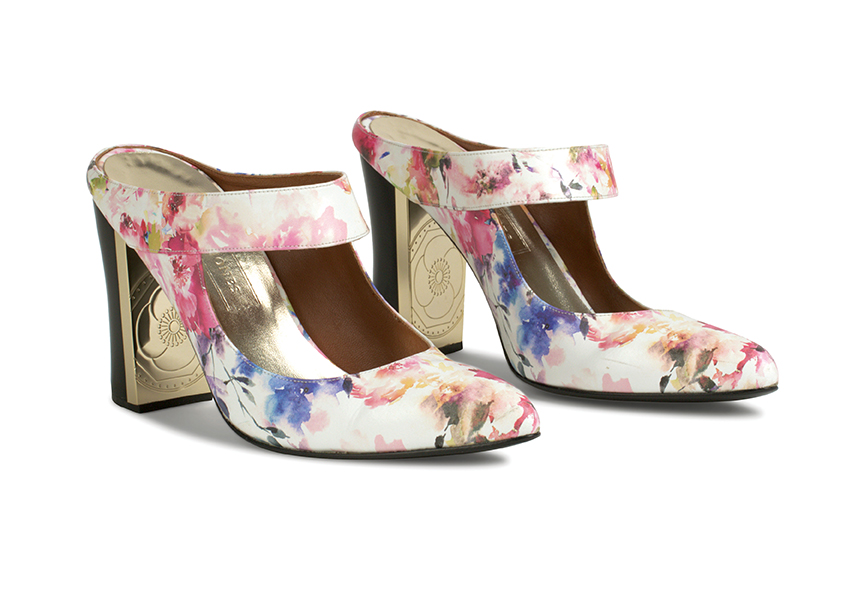
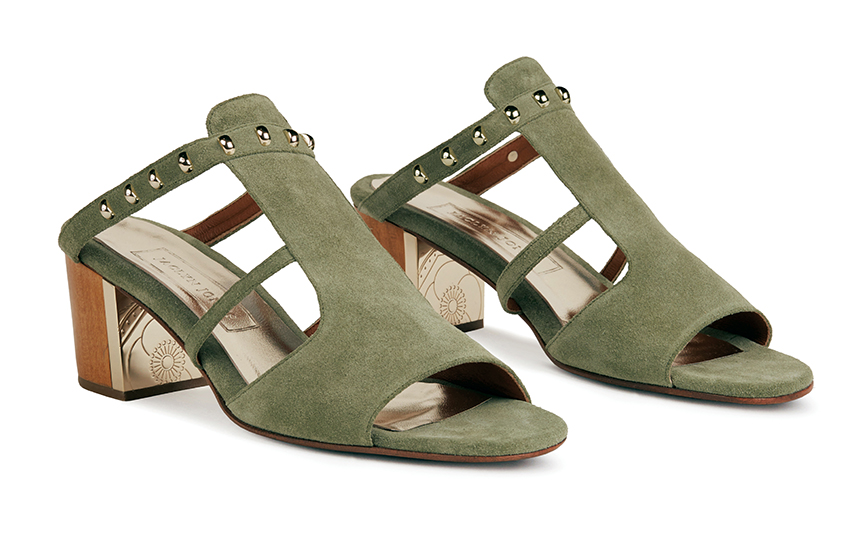
Clover in Sage
An adorable low-heel sandal crafted in versatile sage-colored suede, the Clover style features eye-catching gold studded accents. Built for walk-all-day comfort, this style features a hand-carved 2-inch solid wood heel and signature 4mm custom foam insoles. $1,095.
Water Lily in Gold
“Our easy-to-wear Water Lily sandals are the perfect vacation companions, featuring a pebbled gold leather upper, nude leather foot bed and fashionable strap with gold-studded accents,” Jones said. “The half-inch heel is built from stacked leather and the outsole features a rubber inset for added traction.” $850.
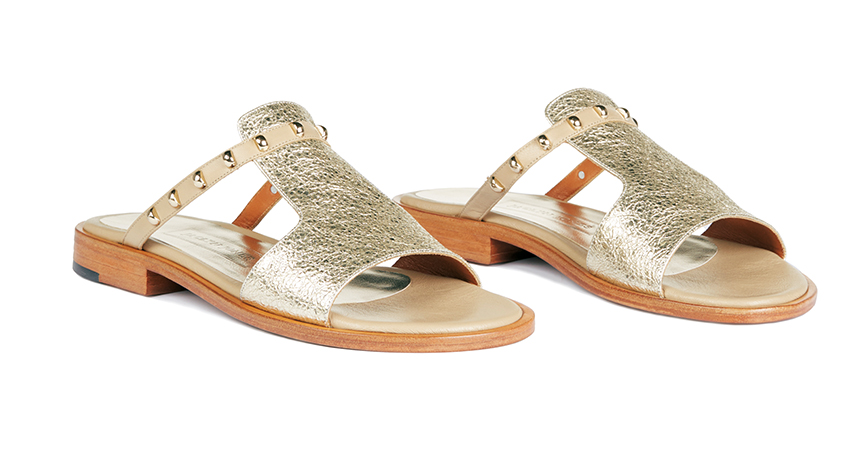
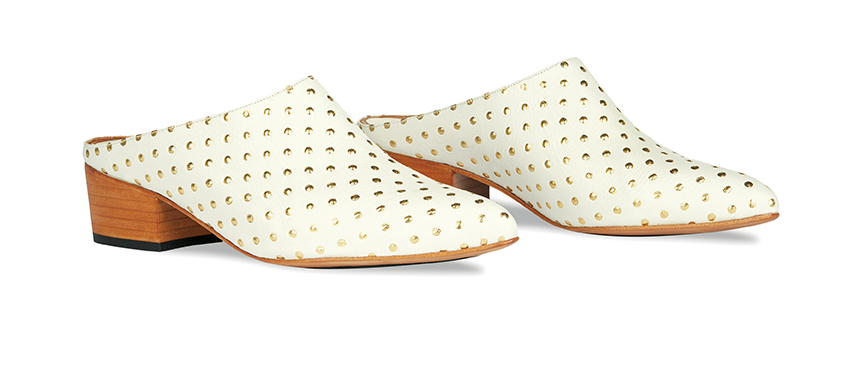
Calla Lily in White & Gold Dot
One of JJUSA’s most-loved styles of the season, Calla Lily is designed with a comfortable 1-inch stacked leather heel and an easy slip-on style. In addition to comfort, this chic pointed-toe shoe is made of premium lamb leather with a gold-dotted pattern, making this pair perfect for the seamless transition from the office to happy hour. $1,050.
Chrysanthemum in Tie-dye
This open-toe slide sandal is the epitome of summer design with its JJUSA-exclusive playful tie-dye print and logoed stud embellishments down the front of the shoe. The Chrysanthemum is crafted with premium lamb leather and a 2-inch hand-carved wood heel that features JJUSA’s signature heel plate and 4mm custom foam insoles for added comfort. $1,250.
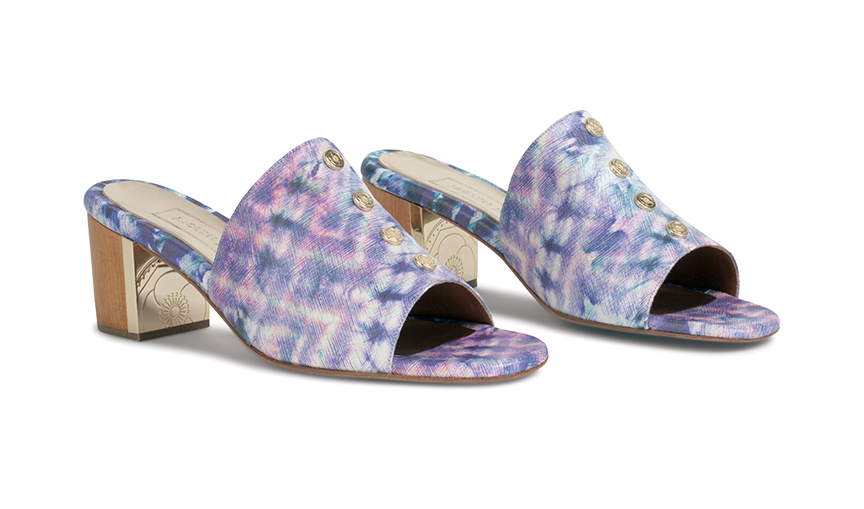
Photos courtesy of Jaclyn Jones USA



